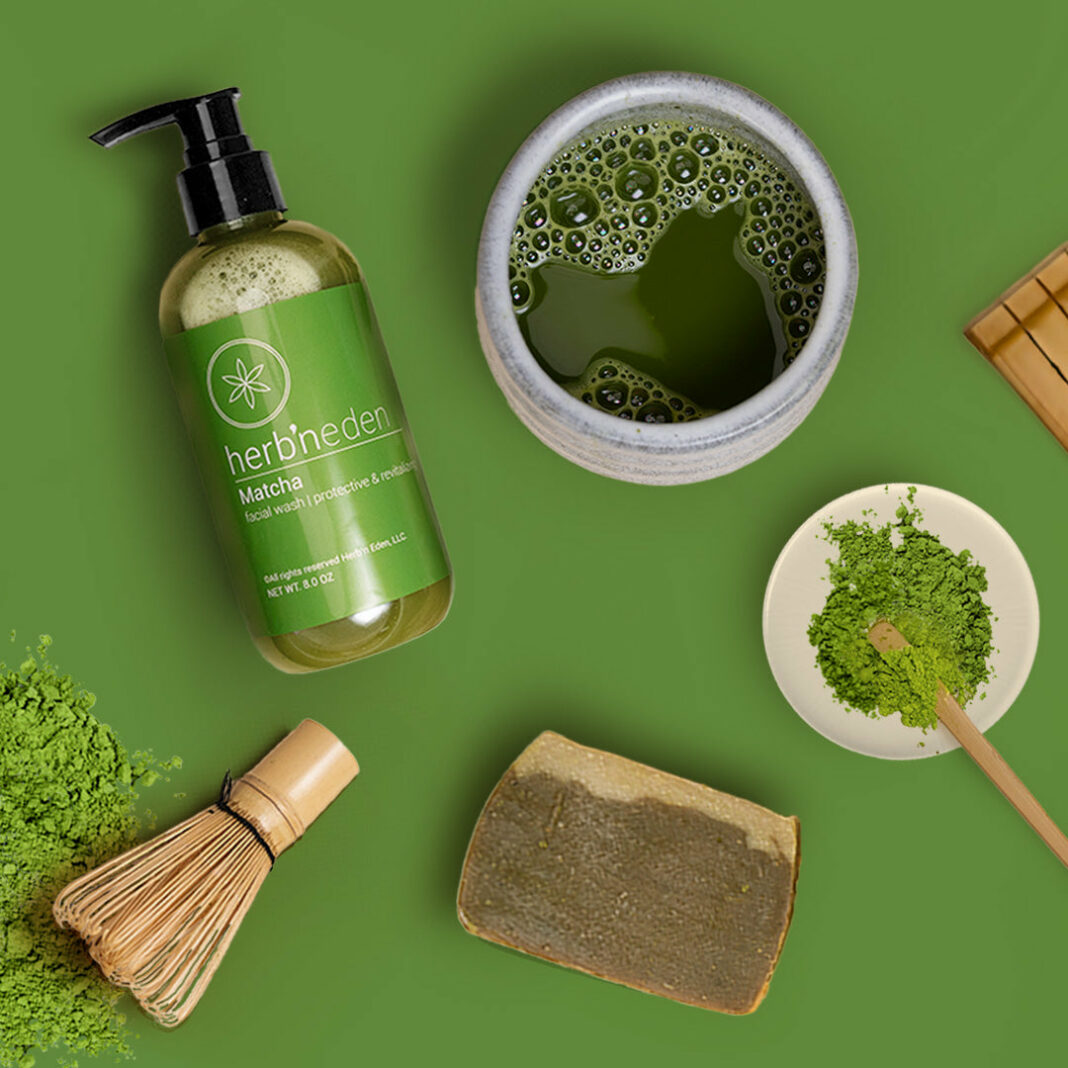Boosting immunity has been the name of the game in recent months; the use of astragalus root (which goes back hundreds of years) fits the bill perfectly. Not only is it a mild-tasting herb that’s easy to use in everyday cooking, but its seemingly gentle medicinal properties will also help guard against circulating germs and pack a serious punch if and when you are down for the count.
It’s one of my favorite medicinal herbs and one that I believe should be in every at-home medicine cabinet.
What is Astragalus Root and How Does it Boost Immunity?
Astragalus (also known as huang qi or milk vetch) is an amazing root native to China, Mongolia, and Korea that comes from the Chinese pea plant Astragalus membranaceus.
In herbal medicine, the long, thin roots are used, either dried or fresh.
It is a sweet, tonic herb with slightly warming properties often used in nourishing soups, broths, teas, and other medicinal preparations like tinctures, glycerites, and syrups.
Astragalus has been used in traditional Chinese Medicine (TCM) for many hundreds of years and has quickly integrated itself into western herbalism because of its efficacy. In fact, astragalus is in the top 20 most-used herbs among practicing western herbalists.
Astragalus root is a powerful adaptogen, which means that it helps return the body to a balanced state during times of stress. Astragalus also supports immune function by increasing the activity of white blood cells and helps protect the heart and liver.
It is considered by many herbalists to be both immunostimulant, meaning it stimulates the immune system into action, and immunomodulant, which means it encourages the immune system to either increase vigilance against pathogens or reduce immune activity based on what the body needs.
It exhibits antioxidant, anti-inflammatory, and antiviral properties with a strong protective effect on the heart, kidneys, bones, and nervous system.
One of the most notable benefits of astragalus root is its ability to strengthen and protect the lungs against respiratory illness – which, right now, is a good thing to know about!
Additionally, astragalus root is highly beneficial for those who experience fatigue, sluggishness (low vitality), and recurrent infections.
It is most effective when used long-term consistently.
I personally use it as a way to help build up a natural resistance to the common cold.
Astragalus root does this by increasing the body’s production of interferon, a group of signaling proteins made and released by host cells in response to the presence of viruses, which helps protect our cells against seasonal illness.
Astragalus also helps the macrophages become faster and more efficient, shortening the duration of colds.
There are over 2,000 species of astragalus root, some of which are considered to be very toxic. However, no other species are known to possess the medicinal qualities that Astragalus membranaceus does.
I personally love using astragalus root during the winter months (or just when known germs are circulating) to help build up my immune system while also supporting my body’s stress response before, during, and after an illness – especially upper respiratory infections.
Considerations for Using Astragalus Root
Astragalus root is often used in capsules, fluid extracts (aka tinctures), or as tea. It can be added to soups, broths, and other mostly liquid cooking preparations in order to infuse its medicinal qualities into your food.
Astragalus Root Dosage for Adults
2-6 grams of dried root per day.
Fluid extract 4-12 milligrams per day.
Powdered root in capsule form (250-500 mg) taken as two capsules up to 3 times per day.
Effectiveness of Astragalus
When doses of astragalus are taken at the onset of a cold or flu, it can be incredibly effective for fighting off illness before it has a chance to take root.
It can kill viruses and bacteria and help fight off viral infections due to its polysaccharide, triterpenoid saponin, and flavonoids content.
Precautions and Side Effects
While astragalus root is an amazing alternative medicine and dietary supplement, Traditional Chinese Medicine (TCM) teaches that astragalus root should not be used in those with a known autoimmune disorder, during acute infection, or during a cold or flu, especially if a fever is present.
This is because astragalus may strengthen the chi (energy) of a virus. It should only be used as a preventative.
Additionally, astragalus is also known to thin the blood and should, therefore, not be used by those on blood thinners or before surgery.
Speak to your health care provider if you have an autoimmune disease, such as rheumatoid arthritis or lupus (astragalus raises immune responses which are not good for these conditions), or if you take medications like cyclophosphamide (taking this alongside astragalus with make it less effective while also raising lithium levels in the body – not good!) and corticosteroids.
How to Make Astragalus Root Tincture
This herbal formula is super easy to throw together and makes for an excellent complementary supplement when symptoms of a cold or flu arise.
It has really improved my quality of life when feeling sick.
As always, check in with your healthcare provider before taking any herbs, especially if you have any underlying medical conditions, as this herb DOES interact with certain medications.
Making astragalus extract is really easy, all you need is:
Loving Preparation – Astragalus Tincture Recipe
Fill your mason jar ¼ of the way (if using sliced astragalus root) or ⅓ of the way (if using cut and sifted astragalus root)
Next, fill the jar just shy of the top with 80 proof vodka (watch the tincture closely for a few days to see if you need to top it off with more vodka as the astragalus soaks up liquid – you want everything submerged at all times)
Cap the jar closed and shake
Write down the name of the herb you used and the date on the label and attach it to the jar
Place the jar in a cool dark place
Wait 4-6 weeks before straining. During this time, be sure to give the jar a shake every now and then
Once 4-6 weeks have passed, strain the tincture through a fine-mesh strainer and funnel the finished tincture into your container of choice. I usually use various-sized dropper bottles (½ oz or 1 oz sizes for taking to work or travel and a bigger 4 oz size for my medicine cabinet at home)
Don’t want to make your own? You can get ready-made astragalus tincture HERE.
You can also get it in capsule form HERE.
How to Use Astragalus Tincture
For adults, take 10-20 drops of tincture up to two times daily when others are sick around you to help protect yourself and boost immunity.
During illness, adults can take 40-80 drops of tincture up to three times daily when sick.
Astragalus is safe to use as directed for extended periods, so I like using it all season long when germs abound.
Frequently Asked Questions About Astragalus Root
Astragalus where to buy?
Here are a few of my favorite astragalus root supplements that you can buy:
Oregon’s Wild Harvest Non-GMO Certified Organic Astragalus Capsules Long Term Immune Support Herbal Supplements, 180Count
Gaia Herbs Astragalus Supreme – Immune and Antioxidant Support Herbal Supplement – With Astragalus Root, Schisandra Berry, and Ligustrum – 120 Vegan Liquid Phyto-Capsules
Herb Pharm Certified Organic Astragalus Liquid Extract for Immune System Support – 1 Oz
Mary Ruth’s Astragalus Root Organic Liquid Drops | Non-GMO | Vegan | 1 Fl Oz
What is astragalus root?
Astragalus root, or Huang qi, is a popular herbal medicine in China, Mongolia, and Korea. It comes from the root of the Chinese pea plant Astragalus membranaceus, and has been used for centuries to treat various health ailments, including respiratory illnesses, fatigue, and digestive issues.
Astragalus root is rich in antioxidants and contains beneficial active compounds such as flavonoids and saponins that help promote healthy immune system function.
Studies have shown that this herbal remedy may boost energy levels, improve the body’s stress response, fight inflammation, enhance immunity and vitality, and even improve heart health.
What is Astragalus good for?
Astragalus root has many potential health benefits, such as boosting energy levels, improving the body’s stress response, fighting inflammation, enhancing immunity and vitality, and helping to improve heart health.
It is commonly used to help treat respiratory illnesses, fatigue, and digestive issues.
Some studies have also suggested that astragalus root may be beneficial in treating conditions like diabetes, anemia, and various skin ailments. In addition to its medicinal properties, astragalus is also thought to have adaptogenic properties that help the body better cope with stressors.
Can Astragalus raise blood pressure?
Astragalus has diuretic properties, which can actually lower blood pressure.
Can I take astragalus daily?
If you have no underlying health conditions, especially autoimmune disease, or take certain medications, you can safely take astragalus daily for up to 4 months.
Is Ashwagandha the same as astragalus?
Ashwagandha and astragalus root are completely different herbs though both are adaptogens.
Have you ever made astragalus tincture? What do you use it for? Please share in the comments below!
You may also enjoy reading:
Echinacea Tincture for Seasonal WellnessHow to Make Simple Elderberry TinctureUsnea Tincture – The Lungs of The Forest
This post contains affiliate links. We are a participant in the Amazon Services LLC Associates Program, an affiliate advertising program designed to provide a means for us to earn fees by linking to Amazon.com and affiliated sites. Read my full disclosure and disclaimer.


